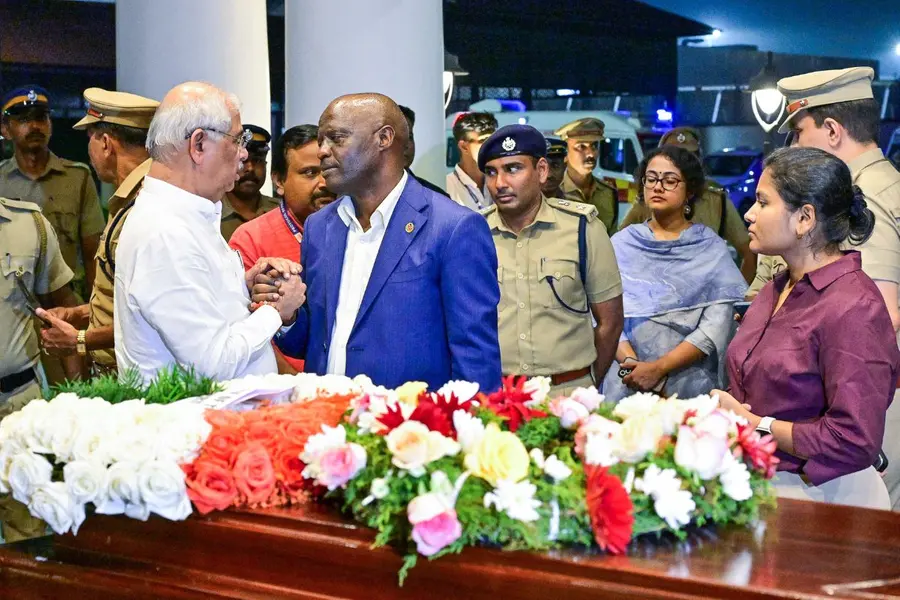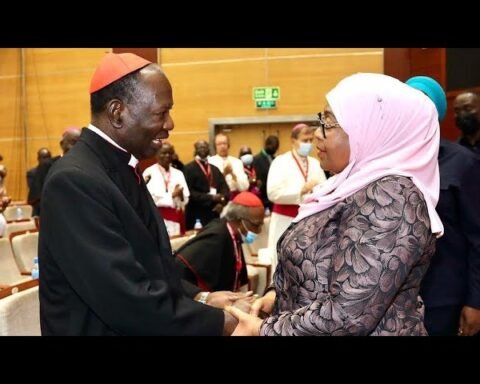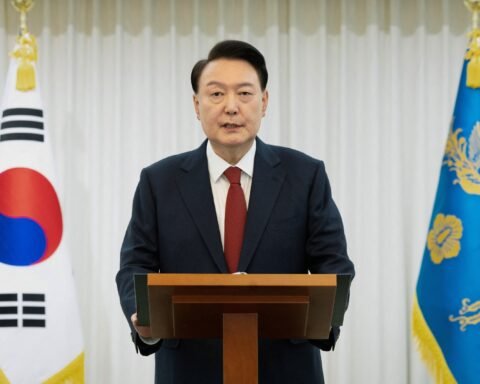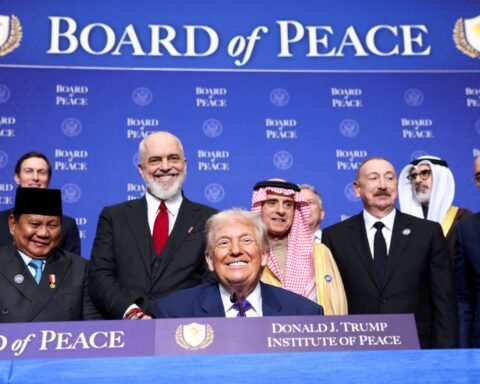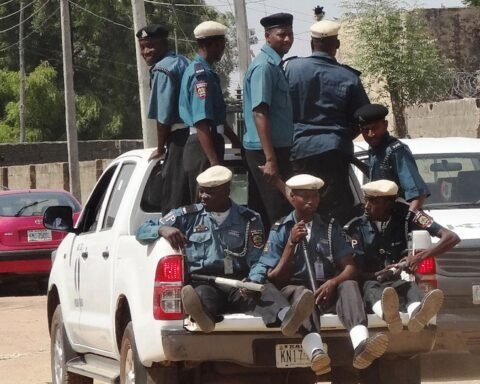Kenya is preparing to bid farewell to one of its most enduring political figures, Raila Odinga, whose burial has been scheduled for Sunday, October 19, 2025, in Siaya County.
The announcement was made by the National Funeral Committee, led by Deputy President Professor Kithure Kindiki, who confirmed that the arrangements honor Odinga’s personal wish to be buried within 72 hours of his passing.
Speaking at a press briefing in Karen, Kindiki said the family had conveyed Odinga’s desire for a swift burial. “The family informed us that Raila wanted to be laid to rest within 72 hours after his death,” he said, emphasizing that the decision was rooted in the late leader’s personal and cultural values.
President William Ruto has since declared a state funeral for the former prime minister, affirming that the government will accord him full honors befitting his long service to the nation. The president also announced a seven-day national mourning period, during which flags will fly at half-mast across the country, allowing citizens to reflect on the legacy of a man whose name became synonymous with Kenya’s democratic journey.
Odinga’s funeral program is expected to span several days, beginning with a public viewing in Nairobi before his body is transported to Kisumu and finally to his ancestral home in Bondo, Siaya County. A national service will take place at Nyayo National Stadium, where leaders, diplomats, and citizens from across the political spectrum are expected to pay their last respects.
As dusk fell over Nairobi, the air carried a quiet heaviness — the kind that follows the loss of a national icon. For many Kenyans, Raila Odinga was more than a politician; he was a symbol of resilience, resistance, and reform. From his days in opposition to his tenure as Prime Minister of Kenya, his life embodied the struggle for justice and equality.
Also Read; Gold Exports Boost Tanzania’s Economic Prospects
At the press conference in Karen, Prof. Kindiki spoke not only as a government official but also as a Kenyan touched by Odinga’s influence. His voice was calm but measured, outlining a meticulous funeral plan that balanced both urgency and national protocol. The government’s commitment to fulfilling Odinga’s wish for a quick burial, he said, reflected deep respect for his legacy and cultural traditions.
President Ruto’s decree of a weeklong mourning period underscored a rare moment of national unity. Political rivals and allies alike have set aside differences to celebrate a man whose influence stretched far beyond partisan lines. Streets in Kisumu, Nairobi, and Mombasa are already draped with portraits and flags, as ordinary citizens prepare to line the roads for the final journey home.
Odinga’s story is inseparable from Kenya’s post-independence history — a narrative marked by imprisonment, perseverance, and political transformation. His death has reignited conversations about leadership, legacy, and the unfinished work of democracy.

